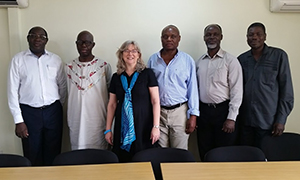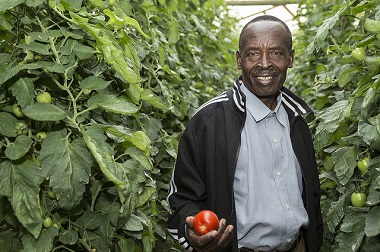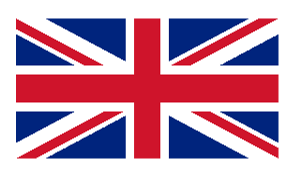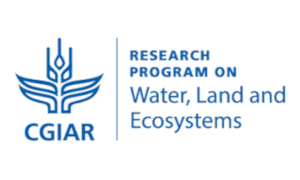Public private partnerships (PPPs) have the potential to bring much-needed financial, technical, and managerial resources to the irrigation sector in Africa south of the Sahara and are explicitly identified in the food security and irrigation strategies of Tanzania and Ghana. However, previous experience with PPPs suggests that governments and communities need significant capacity to effectively negotiate, monitor, and implement PPP irrigation projects to achieve environmentally, economically, and socially sustainable outcomes.
This project is implemented under the CGIAR Research Program on Water, Land and Ecosystems (WLE).
Key research questions
The project addresses the following questions:
- What role can PPPs play in the expansion of irrigation by providing for increased innovation through the creation, transfer, and adoption of new knowledge?
- How effective have PPPs been in irrigation?
How do different types of PPPs create incentives for actors to participate and how have these influenced environmental, economic, and social sustainability?
- What are the procedural and distributional impacts of PPP schemes and the ways in which men and women participate in, benefit from, or are affected by PPP institutional arrangements?
Basic information about the activity
The project will develop a series of case studies, using Focus Groups, Key Informant Interviews, document review, and Net-Mapping to understand the social, economic, and environmental impacts of various types of PPP arrangements. The information will feed into a toolkit that identifies different PPP options, with explicit provision for affected communities to be involved in decisions and benefit-sharing arrangements to guide future investment options, and metrics to track progress and benefits for different stakeholders. Throughout the project, partners will engage with stakeholders, including government officials, private sector representatives, donors, and community-based organizations, to understand capacity needs and gaps to negotiate equitable and inclusive PPPs and to facilitate the process of future investment in irrigation.









